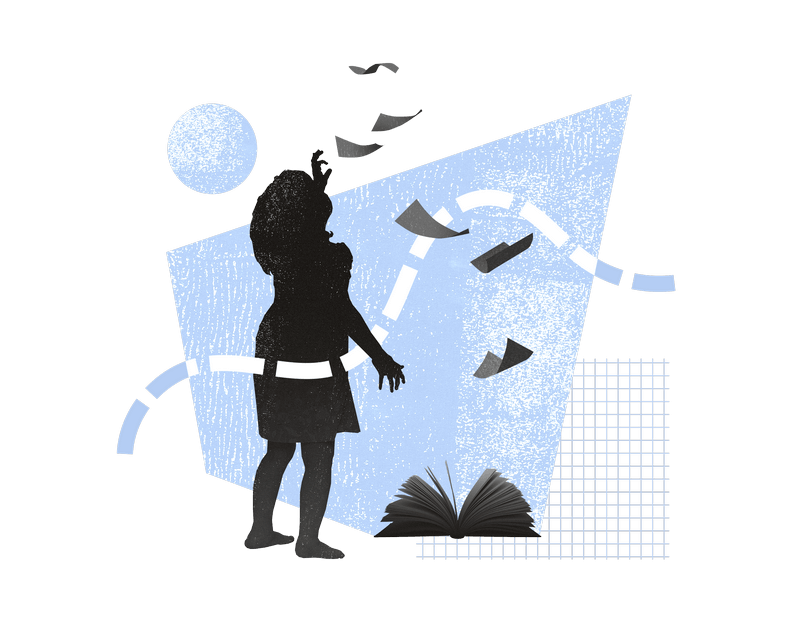The Problem of Education

Normal school study has not been organized in reception centers or humanized transit institutions in the education / social protection sphere.
Wrong approach
Children at reception centers and social transit shelters do not attend school. These institutions generally have places for piecemeal activities with a psychologist and offer crafts, sports, trips, and conversations with invited “interesting people”; in the best cases, instruction in certain subjects has been organized through the efforts of visiting teachers.
Child Rights approach
Migrant children must be immediately engaged in school study in a collective with other children. If they are behind their peers in schoolwork, social services must do everything possible to fill the gaps in their education.
Cases
In the course of the joint operation of the police and migration service, the children of school age were separated from their parents-migrants – illiterate and homeless people. In the closed orphanage, in which children had been placed, they did not have access to secondary education. Due to the absence of any identification documents, children have been staying for 2 years in that orphanage without any access to education. The eldest was 12 when he was placed in the orphanage, and he was 14 when he first went to school as soon as he received the documents and was transferred to the ordinary child orphanage institution.
ADC «Memorial» commentary:
Without any doubt, children were harmed by the prolonged stay in the closed institution without any access to education. The children even did not learn to read and to write. The placement of children to the orphanage (if it is necessary) should be accompanied by enrolment to the educational institutions. The state officials of the ministries of education should be responsible for observance of rights of children to education.